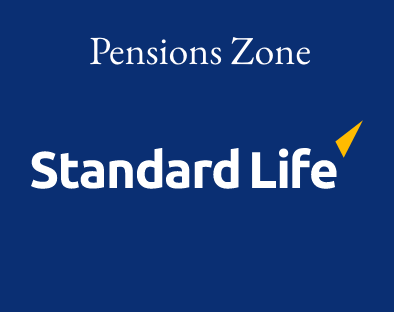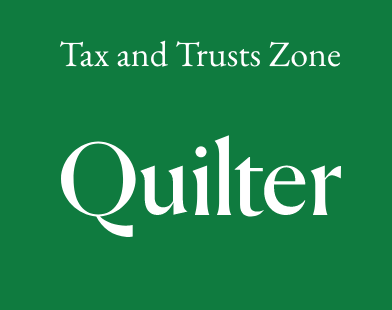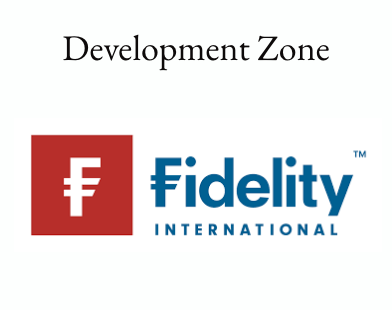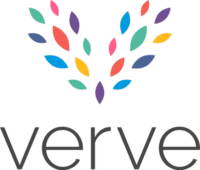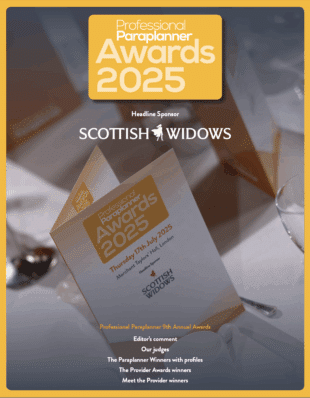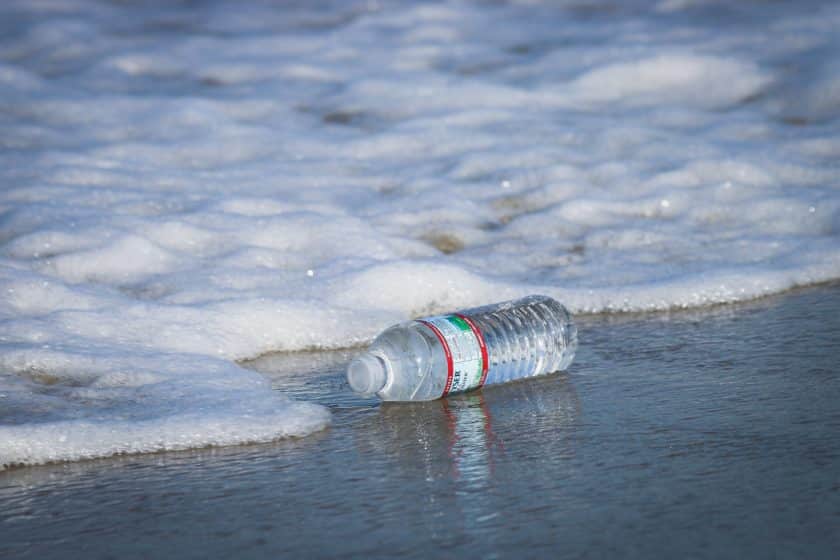Jake Moeller, senior investment consultant, Square Mile Investment Consulting and Research, explains Square Mile’s measurement of portfolios by the criteria off doing good, avoiding doing harm and leading change as principles of sustainable investment measurement.
2023 marks the 50th anniversary of the United Nations’ World Environment Day which seeks to bring the people of the world together and engage them in the effort to protect and restore the Earth. Observed in some 150 countries, this event is now the largest global platform encouraging environmental action and highlights the potential for all levels of society, from governments and businesses, to communities and individuals, to collaborate in the creation of a more sustainable world.
In being a responsible steward of investors’ monies, the fund management industry can play an essential role in supporting the objectives. Fund managers with sustainable investment mandates can be an extremely powerful force for good by channelling investments away from industries that do harm to the environment and society, to businesses that offer solutions to the challenges faced by the planet.
Square Mile’s 3D Investing analysis is focussed on identifying the most compelling investment strategies in this regard by measuring their portfolio holdings against a framework of ‘Doing good’, ‘Avoid doing harm’ and ‘Leading change’.
The theme of the 2023 World Environment Day was beating plastic pollution, and there are a number of funds which aim to deliver financial returns whilst controlling waste, encouraging recycling and promoting a circular economy.
One such strategy is the JOHCM Regnan Water & Waste fund, whose managers seek to invest in globally-listed companies which are involved in the sustainable management of water resources, or the development of the circular economy through waste management. They believe access to sustainable water and waste management services are often overlooked as key enablers of the economy. The managers view such companies as being invaluable to societal and environmental stakeholders, who stand to benefit from access to cleaner water, more efficient use of natural resources and a more sustainable approach to waste management. Our 3D Investing analysis indicates many investee companies within the portfolio have significant exposure to our Circular Economy classification, meaning that they are involved in the recycling and reuse of resources. These firms include Clean Harbors Inc., Schnitzer Steel Industries Inc., and LKQ Corp.
The M&G Positive Impact fund is another global equity fund with a dual objective of delivering strong financial returns, whilst investing in companies which offer solutions to social and environmental challenges. Its team utilises proprietary methodologies, including their ‘III’ screen, to ensure that their holdings deliver a high degree of impact across six key areas. Three of these are environmentally focussed: climate action; environmental solutions; circular economy; and three are society focussed: better health and saving lives; better work and education; and social inclusion. Our 3D analysis has identified a heavy weighting to the Circular Economy solution which encompasses companies engaged in the recycling and reuse of existing components or resources in new products. Examples of these include waste collector, Republic Services Inc., and recycled pallets and shipping container provider, Brambles Ltd.
A further global equity strategy is Fidelity Sustainable Water & Waste, which invests in companies engaged in activities related to sustainable water and wastewater management, or that practice sustainable and responsible waste mitigation, recycling and disposal. The fund’s two managers, Velislava Dimitrova and Cornelia Furse, believe that these sectors stand to benefit from long-term trends such as population growth, urbanisation and rising consumption. This fund is also exposed to our Circular Economy solution, with Waste Management Inc., a specialist in waste collection and disposal, recycling and dumpster rental being typical of its investee companies.
The managers of the Pictet Global Environmental Opportunities fund invest exclusively in the environmental value chain to deliver real-world positive environmental impacts, as well as a financial return. They believe the need to sustainably meet growing demand for increasingly scarce natural resources presents financial and positive impact opportunities. Pictet applies the pioneering Planetary Boundaries framework and its constituent safe operating spaces to its analysis of sub-industries and individual companies, enabling the group to understand how a company’s products and services impact on their nine key environmental dimensions. The Circular Economy classification, which is aligned with the fund’s Waste Management & Recycling theme, is well represented with portfolio holdings that include Republic Services Inc. and Waste Connections Inc.
Finally, the UBAM Positive Impact Equity fund aims to generate financial returns by investing predominantly in European companies whose products or services provide measurable solutions to the world’s most pressing challenges, with their solutions mapped to the objectives of the United Nations Sustainable Development Goals. It embraces a series of responsible investing themes, to which applicable companies in the investment universe must be aligned. In terms of exposure to 3D classifications, the portfolio’s largest allocations are to Resource Efficiency and Circular Economy resulting from its exposure to companies operating in waste management, recycling the reduction of pollution, driving energy efficiency and encouraging the sustainable and economical use of natural resources.






